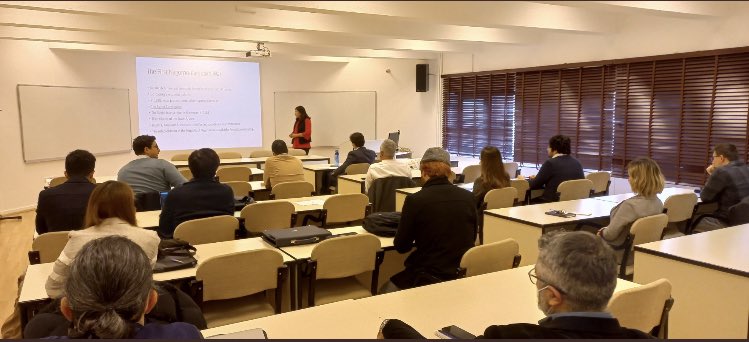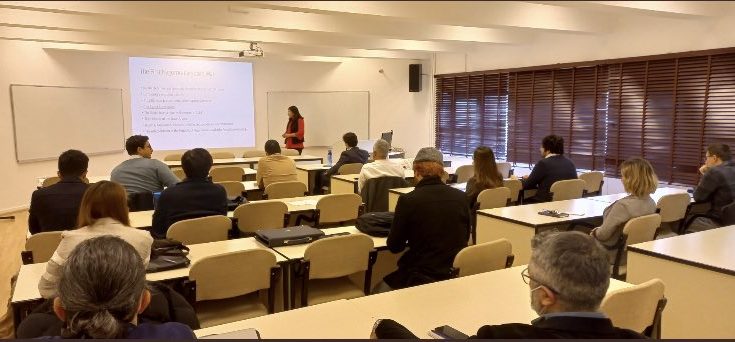On December 15, CFPPR was pleased to host a seminar featuring Dr. Laçin İdil Öztığ, Associate Professor of International Relations at Yıldız Technical University.. Dr. Öztığ’s talk investigates Turkey’s foreign policy in relation to the Armenia-Azerbaijan conflict from a historical and contemporary lens.
A Comparative Analysis of Turkish Foreign Policy on the Azerbaijan-Armenia conflicts
With the collapse of the Soviet Union, the relative stability that prevailed in the Caucasus region during the Cold War period left its place to instability and conflicts. The Nagorno-Karabakh conflict, which started in 1988, evolved into a full-scale war in 1992, resulting in the deaths of thousands of people as well as massive human displacements. The Nakhichevan conflict erupted in the same year. Another full-scale war in Nagorno-Karabakh took place in 2020. This article is based on a comparative analysis of Turkish foreign policy in the context of the Azerbaijan-Armenia conflicts. During the first Nagorno-Karabakh war, Turkey gave political and military support to Azerbaijan, but this support was not sufficient to change the course of the conflict. Turkey showed an ardent interest in playing a mediator role. However, its mediator role was limited due to domestic and external circumstances. During the Nakhichevan conflict, Turkish policymakers brought up the possibility of interfering militarily to end the conflict in line with legal commitments. However, Turkey’s pro-Azerbaijani position took the form of discursive reactions and border militarization. When the second Nagorno-Karabakh war erupted in 2020, Turkey played a much more assertive role to the point of actively contributing to tilting the balance in favor of Azerbaijan by providing the country with Bayraktar TB2 drones which proved rather effective in the wars in Syria and Libya. This article compares Turkey’s position on the Azeri-Armenian conflicts and discusses its impacts and implications in the context of the regional dynamics.



